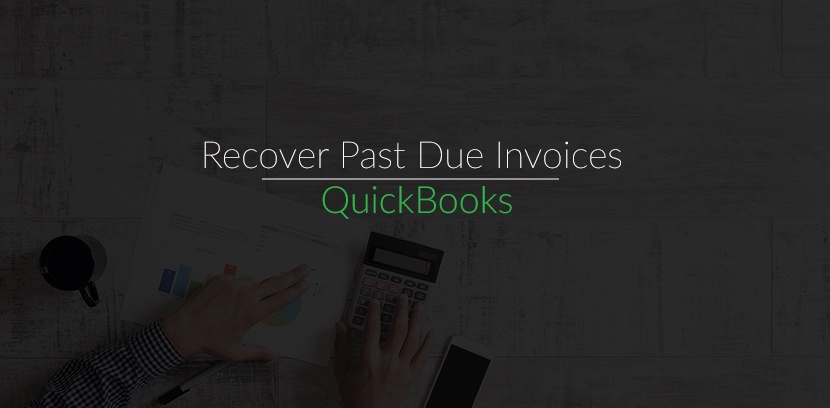It’s good when you can use attributes like accurately, consistently, timely, and easily to describe getting paid…it’s not so good when you can’t. What can we do to get paid accurately, consistently, timely, and easily? One place to start: establish, test, refine, and implement systems and processes that are accurate, consistent, timely, and easy to use.
When you sign an agreement with a new client, the assumption is that they will hold up their end of the bargain and pay their invoices. Unfortunately, things don't always go as planned. If your client isn't paying, there are steps to take, before going to court, that could save the time and resources of litigation.
To increase your chances of getting paid, follow the steps below.
The definition of working capital, in accounting terms, is the difference between your business' current assets and current liabilities. Investors and business analysts will use this as a balance sheet measurement of overall liquidity or financial health of the company. When an organization has enough working capital, they are able to easily pay short term expenses and liabilities and maintain daily operations.
When your business' cash flow is tied up in accounts receivable, what are your options? If you have enough working capital, you may be able to wait for 30 - 90 days for payments to come in. If not, you may need to get your hands on some of that capital immediately. Depending on timing, accounts receivable factoring vs. accounts receivable collections may be better.
When should your business use factoring? When is a collection agency the best option?
Organizations depend on their clients following through with promised payments. When recurring revenue is compromised, other areas of the business may suffer. Failed or rejected payments may be regarded in the same line as bad checks. While the declined payments may not be intentional, your business may need help recovering these payments.
Sometimes your business accounting department has to make the choice between chasing down a client to pay an invoice or simply writing the whole thing off. Making the choice to write off receivables can be tricky. Not only can you not predict the future behavior of your client, you also must be aware of accounting methods, best practices and reasons for writing off receivables.
When it comes to deciding to write off B2B receivables, here are some things to consider.
As an entrepreneur considering big growth in your company, you also have to anticipate what looks attractive to potential investors. Obviously, venture capitalists are going to look for a whole host of "must haves" in a burgeoning business, including a business plan and proof of profitability. Part of that proof is securing the financial history of the business so far and the financial projections.
What are venture capitalists looking for in your accounts receivable?
Successful businesses rely on positive cash flow to pay salaries, vendors and otherwise re-invest in the company. Cash flow depends on accounts receivables being paid on time and with regularity. Small business owners may be too busy to stay aware of invoices that are past due. Invoicing software programs, such as QuickBooks, can help make this process easier. Enterprise Recovery works with businesses of all sizes, but we have a special team designated to helping accounting departments that run on QuickBooks.
How to collect past due invoices more efficiently.

Chasing down an unpaid invoice seems like a productive way to spend your time .... said no business owner, ever!
When clients don't pay, not only does the late payment affect paying your own bills, it also steals time and resources. It can be especially frustrating to realize payment is late days or weeks after it is due. Suddenly, the situation becomes an emergency. Where do you start? How long will it take?
What do you say when a client won't pay?












